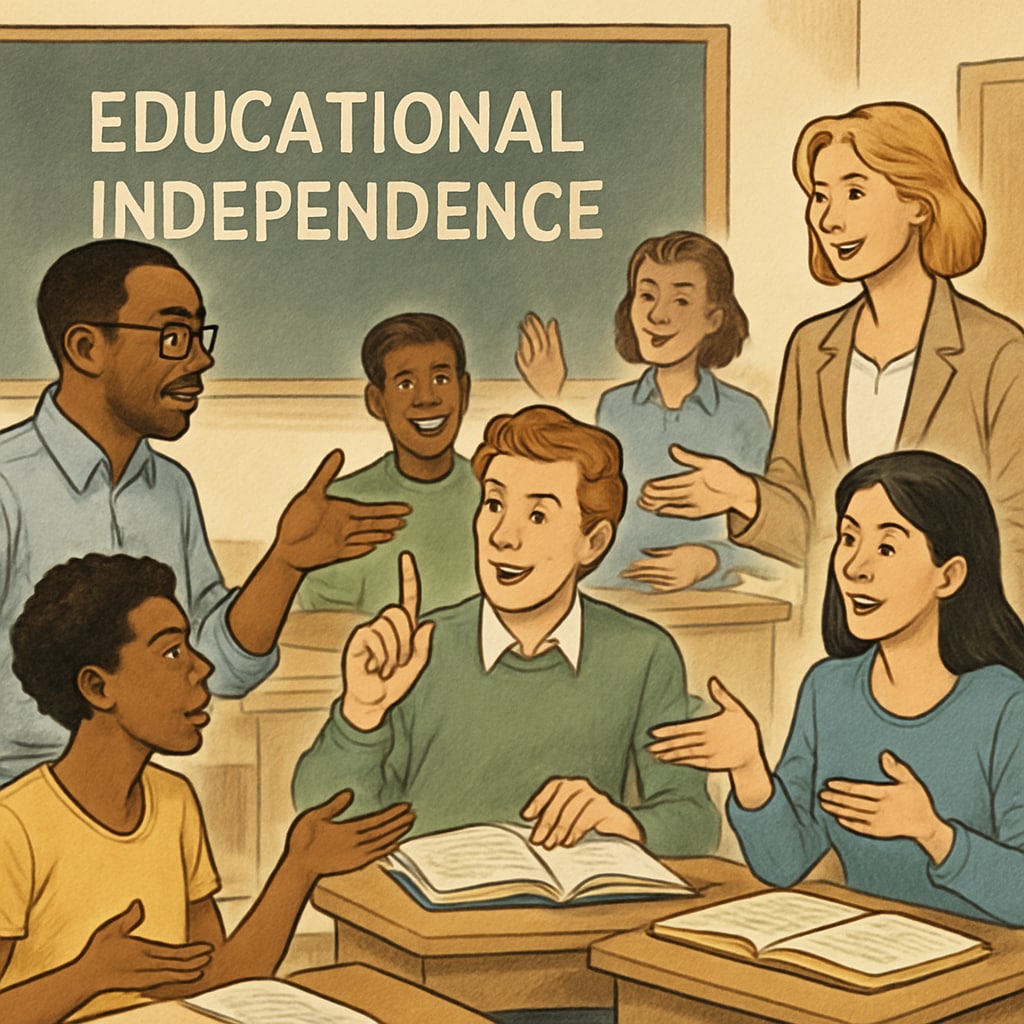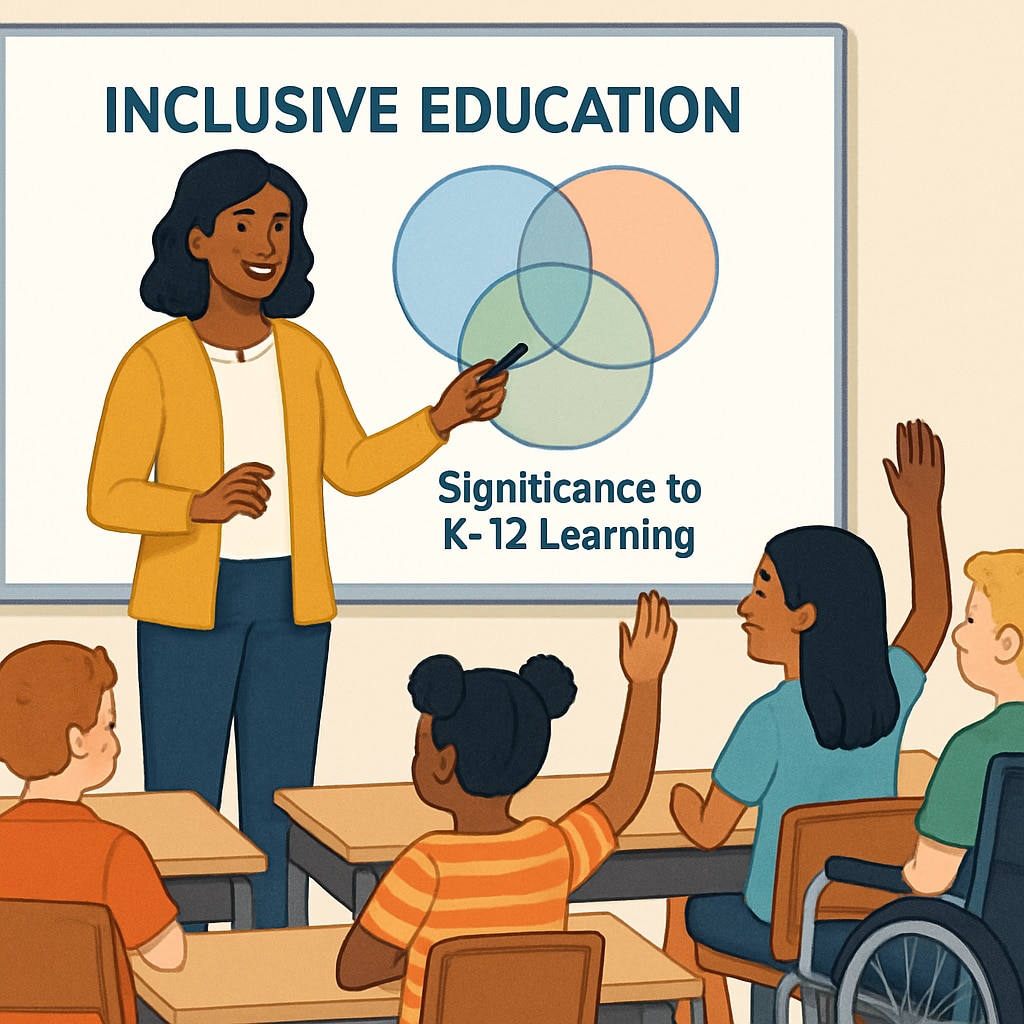Recent actions by conservative organizations, including the Heritage Foundation, have sparked heated debate about the role of politics in shaping educational content. Specifically, the request for public records on university diversity courses has raised alarms about the erosion of educational independence. This issue is no longer confined to higher education—it is now extending into K12 classrooms, threatening the autonomy of educators and the diversity of learning materials available to students.
The Growing Political Influence in K12 Education
Political interference in educational content is becoming increasingly prevalent. While universities have been the primary focus of initiatives like Project 2025, the ripple effects are being felt in K12 education. For example, conservative groups have begun scrutinizing diversity-focused materials used in public schools, aiming to reshape curricula to align with specific ideological perspectives.

Such actions could undermine the foundational goals of K12 education, which include fostering critical thinking, empathy, and an understanding of diverse perspectives. By politicizing curricula, there is a risk of narrowing the scope of education, thereby limiting students’ exposure to essential concepts that prepare them for a globalized world.
Why Educational Independence Matters
Educational independence is crucial for maintaining the integrity and quality of instruction. Teachers and educators should have the freedom to design curricula based on pedagogical research and the needs of their students, rather than external political agendas. Without this autonomy, the classroom risks becoming a venue for ideological battles rather than a space for intellectual growth.
In addition, diversity in education—whether in race, culture, or thought—plays a vital role in shaping well-rounded individuals. According to the Encyclopedia Britannica, diversity education encourages students to engage with different perspectives, promoting social cohesion and reducing prejudice. The interference of political groups could compromise these benefits, replacing evidence-based teaching methods with agenda-driven narratives.

What Communities Can Do to Protect Educational Independence
To safeguard K12 education from political interference, parents, educators, and community leaders must play an active role. Here are some steps that can be taken:
- Advocate for transparency: Demand clear explanations about changes to curricula and ensure that decisions are backed by educational research rather than political motives.
- Encourage community involvement: Organize forums and discussions where stakeholders can voice their concerns and provide input on educational policies.
- Support educators: Provide resources and training to teachers so they can confidently address controversial topics without fear of backlash.
- Promote diversity: Emphasize the importance of inclusive curricula that reflect the varied backgrounds and experiences of students.
As a result, communities can help preserve the independence and quality of education, ensuring that classrooms remain spaces for learning and growth rather than political contention.
The Balance Between Oversight and Autonomy
While accountability in education is important, balancing oversight with autonomy is essential to avoid overreach. Organizations like the Heritage Foundation may argue that their involvement is meant to promote transparency, but the impact of such actions can be far-reaching, particularly when they disproportionately target diversity programs.
It’s critical to recognize that education is not merely about transmitting information—it is about shaping the next generation’s ability to think critically and engage with the world. Over-politicization risks turning education into a tool for ideological control, undermining its purpose as a neutral platform for intellectual development.
Conclusion: The growing trend of political interference in K12 education poses significant challenges to its independence and diversity. By advocating for transparency, supporting educators, and promoting inclusive curricula, communities can ensure that classrooms remain spaces for unbiased learning. As debates around initiatives like Project 2025 continue, it is imperative to prioritize the interests of students and the integrity of education itself.


